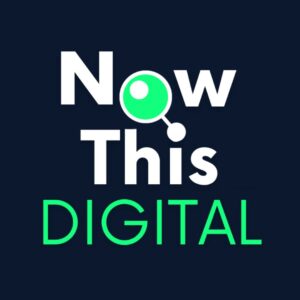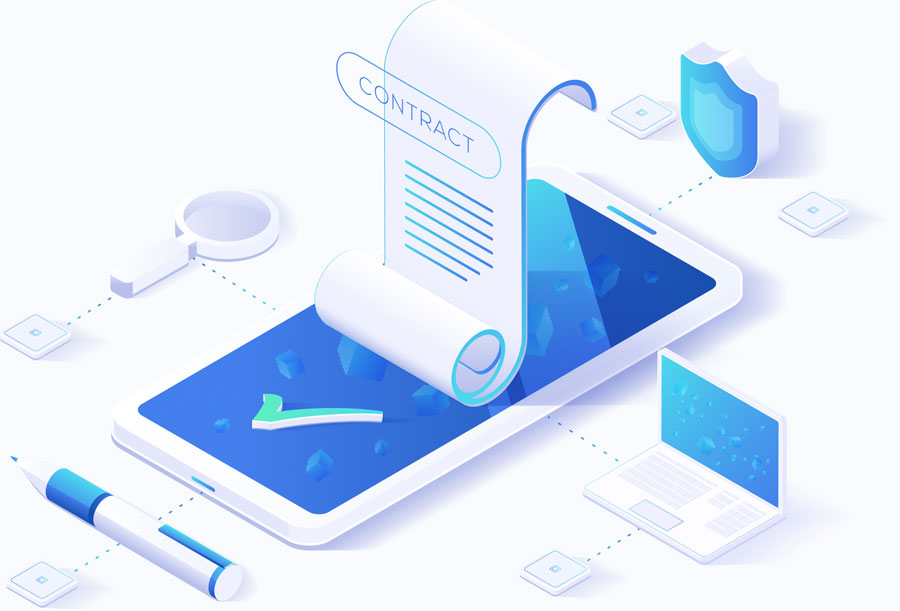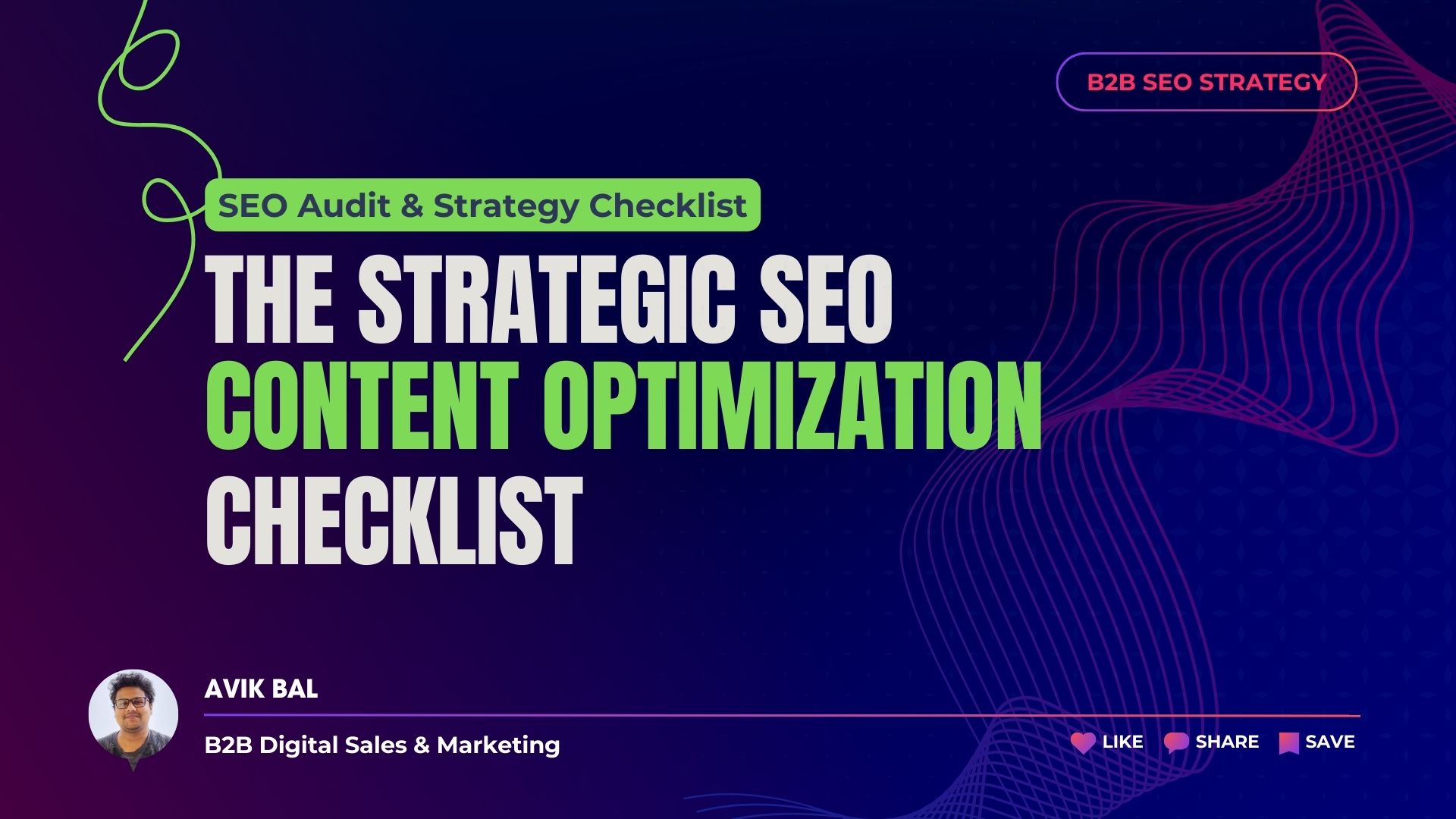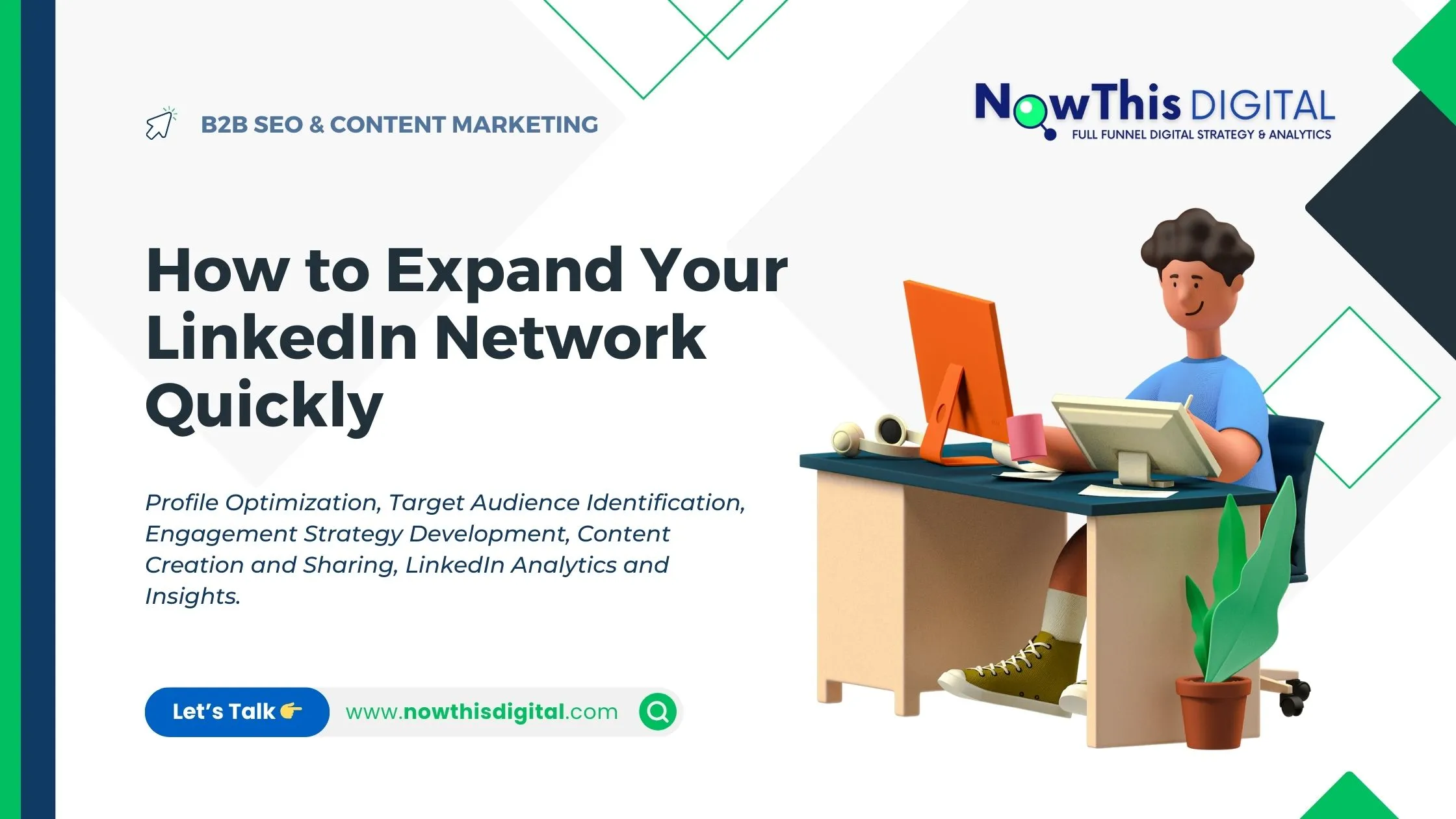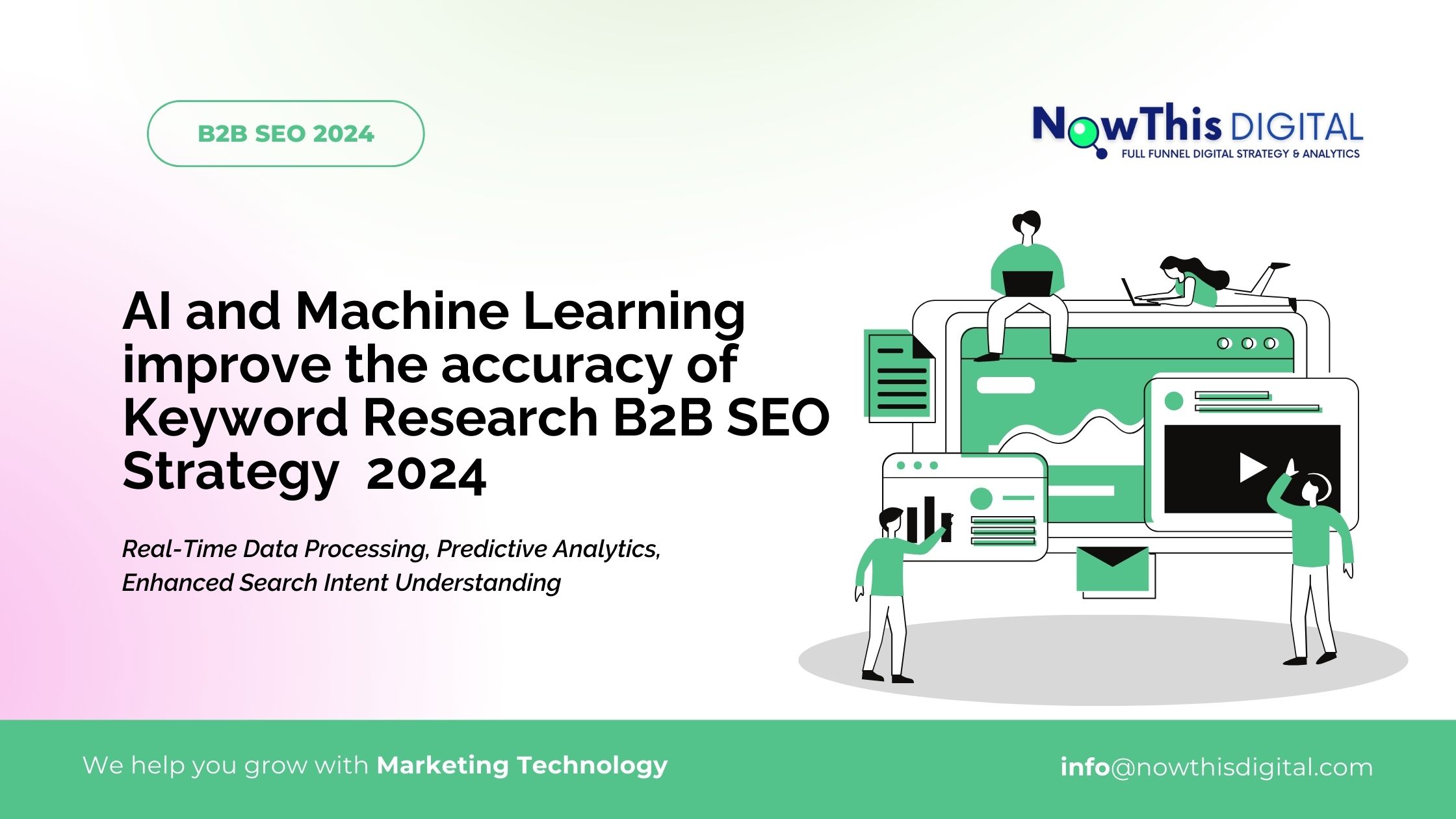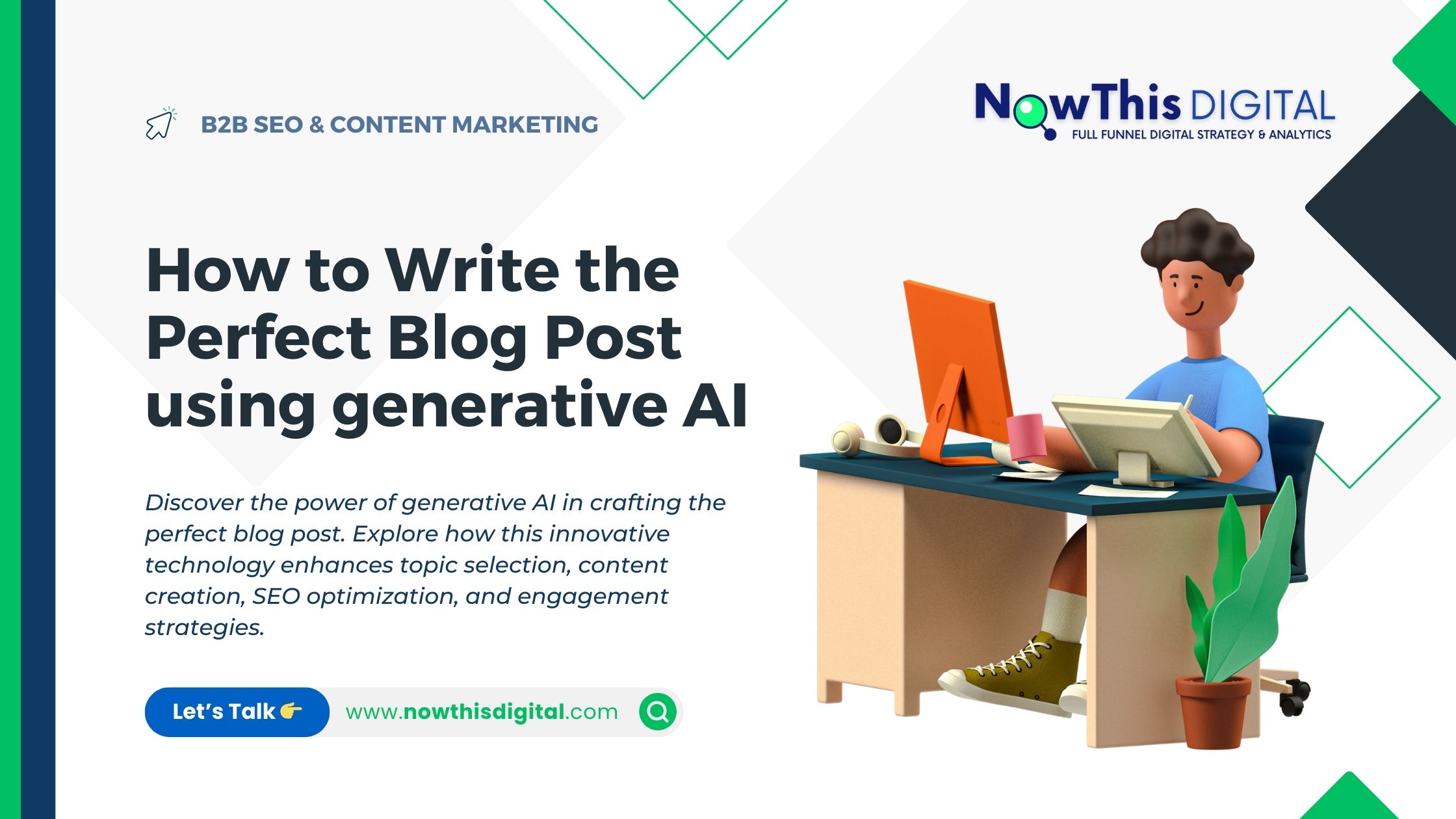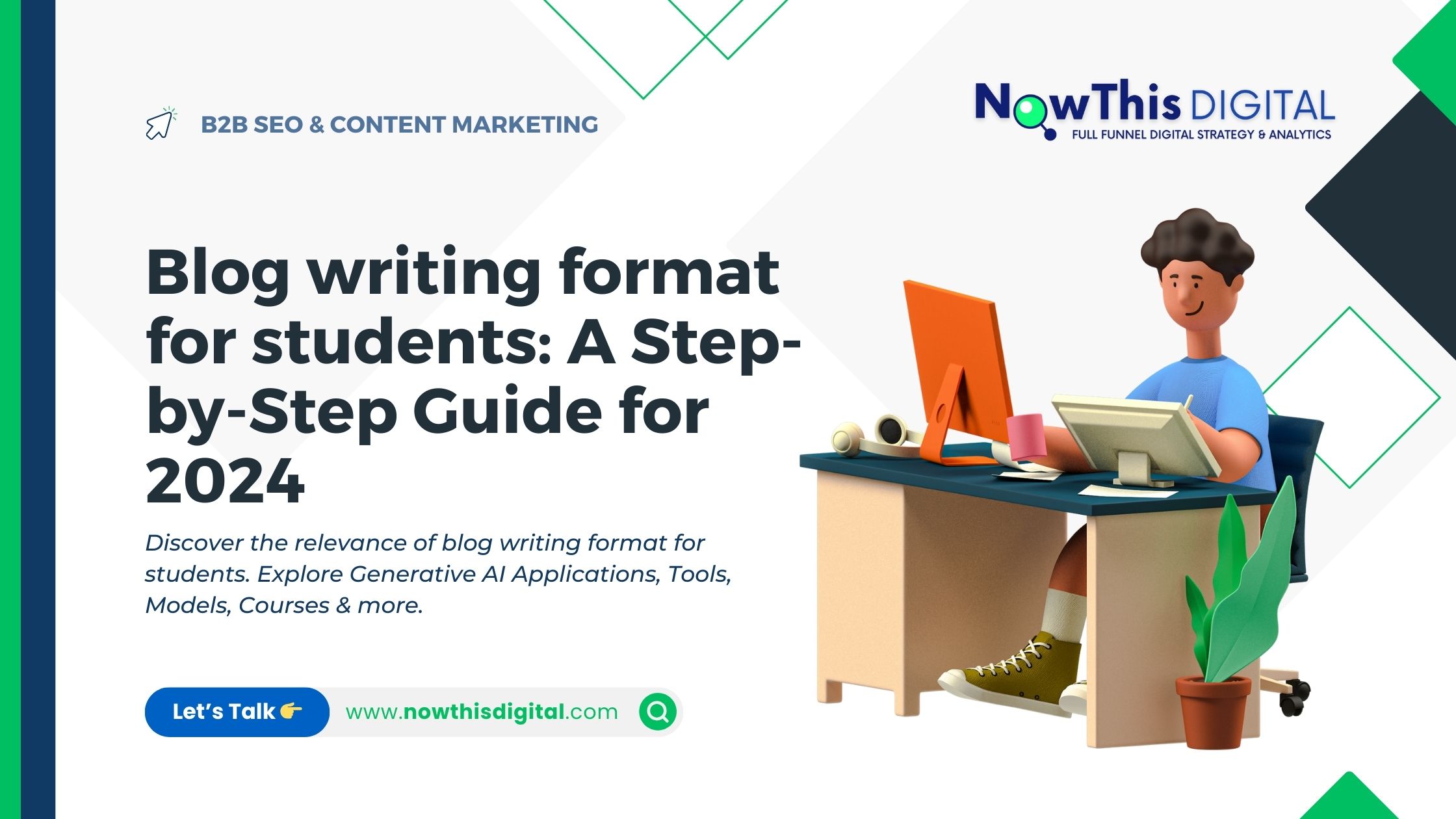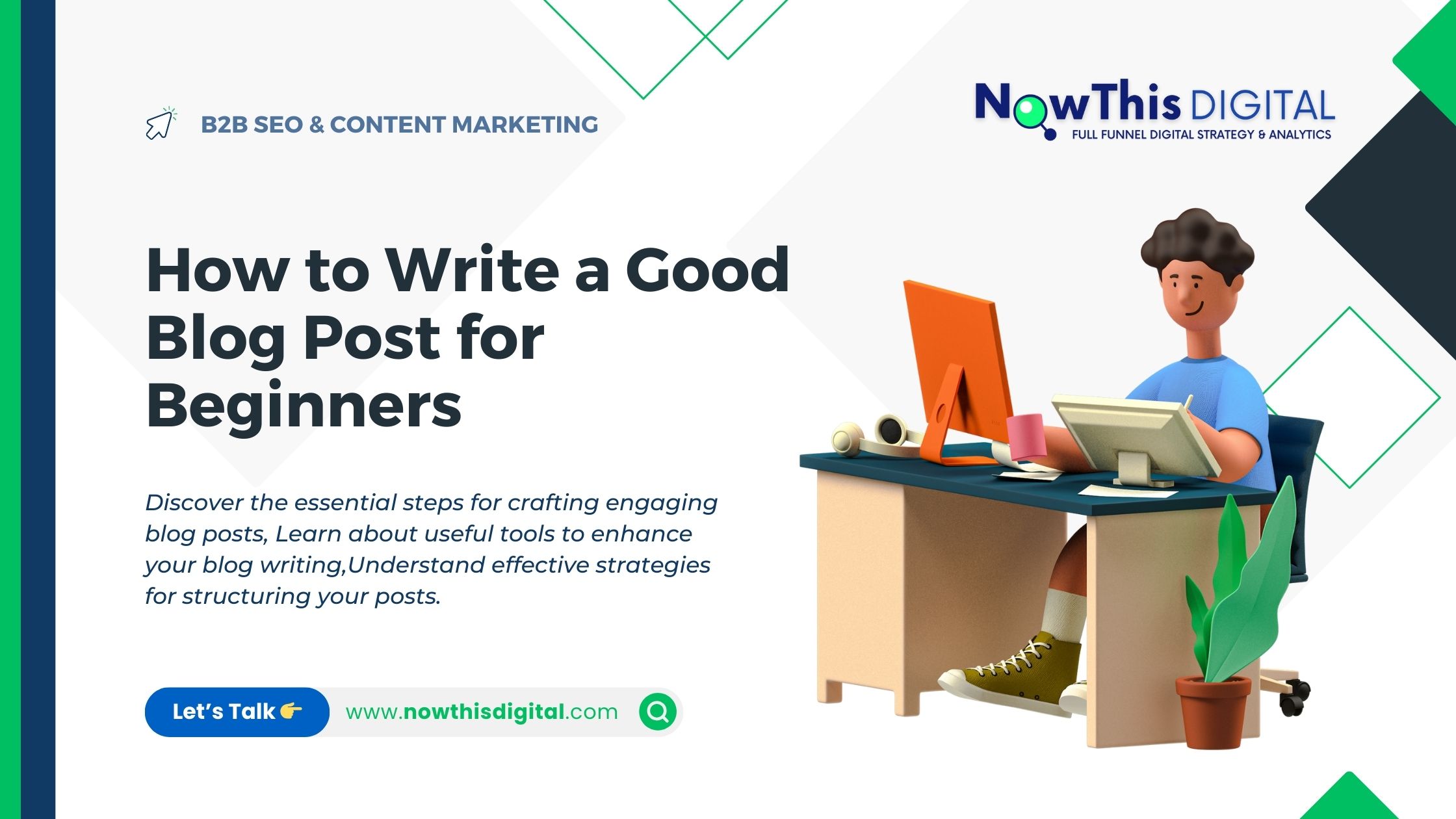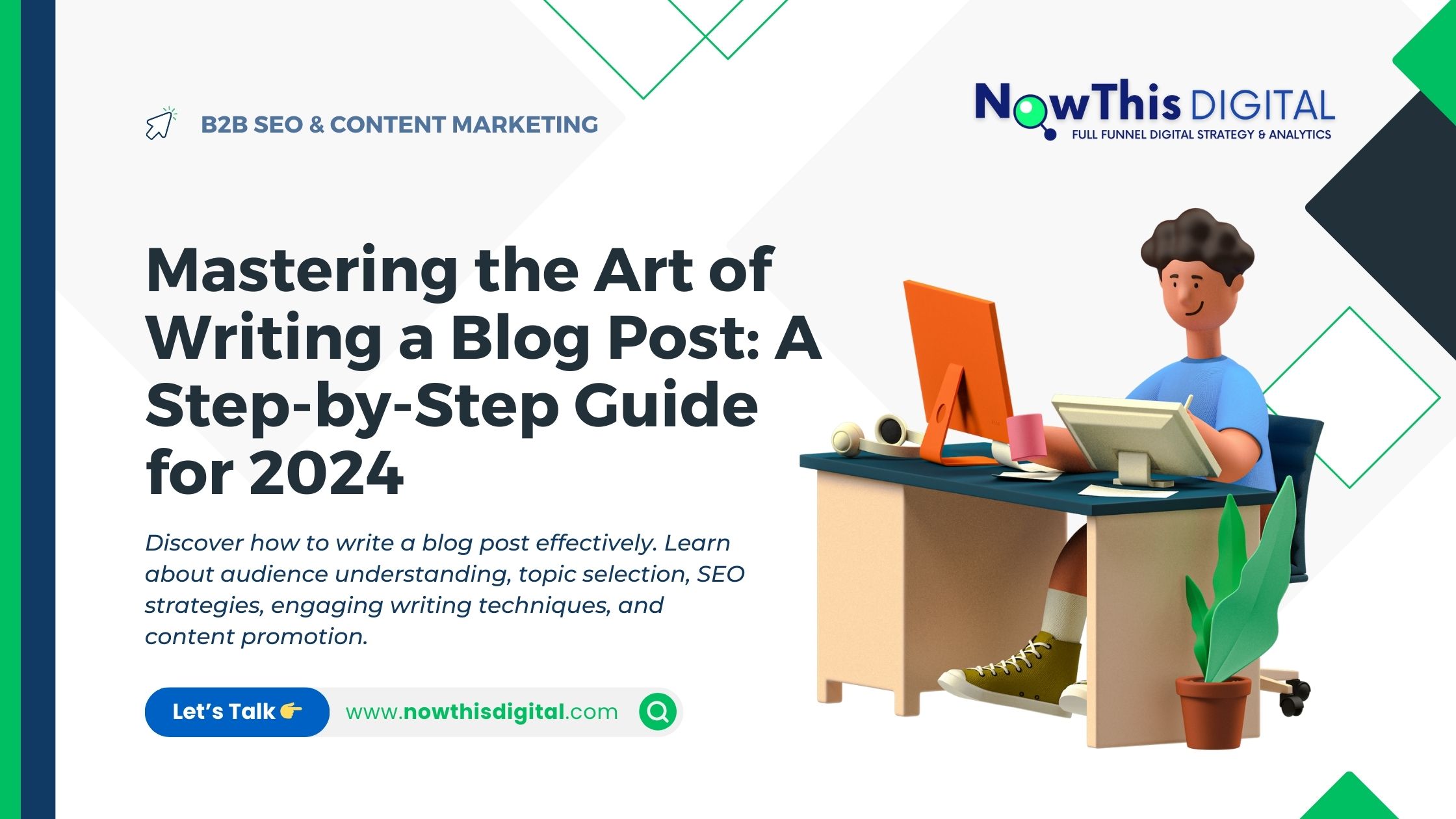Use Cases of ChatGPT in the Healthcare
The Generative Pretrained Transformer, commonly referred to as GPT, stands as a groundbreaking form of Artificial Intelligence (AI) capable of producing text that closely resembles human-authored content. Developed by OpenAI, ChatGPT is an AI language model constructed using the GPT architecture. Trained on an extensive corpus of text data, it adeptly responds to natural language queries, mirroring human-like understanding of requirements. In the realm of healthcare, ChatGPT holds immense potential, yet faces challenges, with the need for accurate and current data being a primary hurdle.
For ChatGPT to thrive in healthcare applications, access to precise and up-to-date medical information is imperative. Ensuring reliability involves obtaining data from trustworthy sources and maintaining regular updates. Given the involvement of sensitive medical information, prioritizing privacy and security is crucial when integrating GPT into the healthcare industry. This paper provides an overview of ChatGPT’s significance in healthcare, emphasizing its workflow dimensions and key features tailored for the healthcare domain. Furthermore, it explores and discusses the noteworthy applications of ChatGPT in the healthcare sector.
ChatGPT’s ability to grasp conversational context and deliver contextually relevant responses positions it as an effective conversational AI tool. Its utility extends to chatbots, virtual assistants, and various applications. However, challenges arise concerning medical ethics, data interpretation, accountability, and privacy-related issues. While pre-trained on a vast corpus of text data, ChatGPT exhibits satisfactory results in specialized tasks such as text creation, language translation, text categorization, summarization, and conversation system development. Additionally, its applicability in various Natural Language Processing (NLP) activities, including sentiment analysis, part-of-speech tagging, and named entity identification, adds to its versatility.
Need for ChatGPT in Healthcare
The integration of ChatGPT in healthcare is imperative due to several compelling reasons that address key challenges and enhance various aspects of the healthcare ecosystem.
- Conversational Interaction:
- ChatGPT excels in understanding and generating human-like responses to natural language inquiries, making it a valuable tool for enhancing patient-doctor communication.
- Its conversational abilities facilitate more accessible and engaging interactions between healthcare providers and patients.
- Information Accessibility:
- Patients often seek instant access to accurate and up-to-date information about their health conditions, treatments, and medications.
- ChatGPT’s capacity to comprehend and respond to natural language allows patients to quickly access relevant healthcare information in an understandable format.
- Remote Patient Support:
- In situations where physical visits to healthcare centers are challenging, ChatGPT becomes a reliable source for remote patient support.
- Underserved or rural populations can benefit from ChatGPT’s assistance, bridging gaps in access to healthcare professionals.
- Enhanced Patient Education:
- ChatGPT serves as an educational tool, empowering patients to educate themselves about their health conditions, treatment options, and lifestyle adjustments.
- Its ability to provide detailed explanations in a user-friendly manner contributes to improved health literacy.
- Efficiency and Workflow Improvement:
- Integrating ChatGPT into healthcare workflows can streamline routine tasks, such as appointment scheduling, medication reminders, and answering common queries.
- This efficiency allows healthcare professionals to focus more on critical aspects of patient care.
- Personalized Treatment Recommendations:
- ChatGPT’s potential to analyze a patient’s medical history, symptoms, and preferences enables the generation of personalized treatment plans.
- This personalized approach enhances the effectiveness of treatment recommendations, catering to the unique needs of each patient.
- Continuous Learning and Adaptation:
- ChatGPT’s ability to learn and adapt from new data ensures that it stays current with evolving medical knowledge.
- Continuous learning enables the model to provide informed and contextually relevant responses based on the latest healthcare insights.
- Improving Mental Health Support:
- ChatGPT can play a role in mental health support by providing information, resources, and a conversational interface for individuals dealing with mental health challenges.
- Its non-judgmental and accessible nature makes it a potential companion in addressing mental health concerns.
- Facilitating Administrative Processes:
- ChatGPT’s capabilities extend to administrative tasks, such as processing insurance claims, generating reports, and handling documentation.
- This automation contributes to more efficient and error-free administrative processes in healthcare settings.
- Language Translation and Multilingual Support:
- With its natural language processing capabilities, ChatGPT can assist in language translation, breaking down language barriers and ensuring effective communication in multilingual healthcare environments.
The integration of ChatGPT in healthcare addresses critical needs such as improved communication, information accessibility, and personalized support, ultimately contributing to enhanced patient care and overall healthcare efficiency.
ChatGPT Use Cases in Healthcare
1. Educating Patients
- ChatGPT serves as a valuable resource for patients seeking self-education on health-related matters, providing detailed information on treatments, procedures, and dietary adjustments.
- AI-powered medical imaging systems enhance diagnostics in specialties like radiology, pathology, and ophthalmology.
- The tool’s capacity to generate code snippets proves valuable for software professionals.
- Concerns include the potential dehumanization of healthcare and the need for accurate issue articulation by users.
2. Clinical Studies
- ChatGPT aids in clinical studies by assisting in data gathering and providing information on clinical trials.
- Collaboration among specialists, including data scientists and healthcare workers, is crucial for successful AI implementation.
- Addressing job displacement concerns involves offering training opportunities for healthcare employees in data science and AI research.
3. Remote Patient Monitoring
- ChatGPT enables remote patient monitoring, reminding individuals to check vital signs and alerting medical personnel to changes.
- Its versatility extends to routine business tasks, such as composing emails and creating reports.
4. Accessing Health Information
- Patients benefit from instant access to health information, utilizing ChatGPT as a virtual assistant for queries about symptoms, medical procedures, and medications.
- The tool excels in language translation, summarizing content, and categorizing text, making it ideal for creating healthcare chatbots.
5. Medical Suggestions and Counseling
- ChatGPT provides medical suggestions and counseling based on patient symptoms and history.
- Its applications extend to reporting adverse events, completing forms, and assisting with medical terminology translation.
6. Appointment Scheduling
- Patients can conveniently schedule appointments using ChatGPT, streamlining the treatment process.
- Expertise from ML professionals, data scientists, software developers, and UI designers is crucial for effective chatbot implementation.
7. Identifying Patient Symptoms
- Acting as a symptom checker, ChatGPT aids patients in identifying symptoms and determining appropriate actions.
- Continuous collaboration between academia and industry is essential for responsible AI development in healthcare.
8. Medication Reminders
- ChatGPT facilitates medication reminders, emphasizing personalization and rapid content generation.
- Its real-time analytics capabilities contribute to organizational decision-making.
9. Patient-Specific Treatment Programs
- GPT-powered systems develop patient-specific treatment plans, considering medical history, symptoms, and patient preferences.
- The technology’s potential extends to creative fields and has applications in customer service and virtual assistants.
10. Medical Terminology and Ideas
- Fine-tuning ChatGPT on medical texts enhances its understanding of terminology, aiding in structured data extraction from electronic health records.
11. Digital Assistant for Doctors
- Utilizing AI and ML, ChatGPT serves as a digital assistant for doctors, streamlining access to crucial patient data.
- Scalability and context comprehension improvements enhance its effectiveness.
12. Enhancing Communication
- ChatGPT improves communication in healthcare, reducing the burden on personnel and supporting digitalization efforts.
- Its applications extend to customer surveys, competitor data analysis, and managing client inquiries.
13. Assistance to Diabetic Patients
- ChatGPT offers rapid and personalized assistance to diabetic patients, addressing concerns and providing dietary guidance.
- AI-powered chatbots contribute to data-driven insights for patient customization.
14. Rapid Access to Medical Information
- ChatGPT’s rapid access to medical information benefits healthcare professionals, aiding in code generation and staying updated on findings and treatment suggestions.
15. Helping with Insurance Claims
- ChatGPT expedites doctors’ responses to insurance claims, saving time on administrative tasks.
- It supports various medical applications, constantly improving through data feedback.
16. Individualized Health Advice
- AI-driven chatbots offer individualized health advice, automating administrative tasks and improving the overall healthcare experience.
17. Keeping Patients Informed
- Doctors utilize ChatGPT to convey information to patients, translating complex medical records into understandable language.
18. Mental Health-Related Contexts
- ChatGPT’s applications in mental health include diagnosing mental diseases and supporting treatment sessions, providing individualized responses.
19. Revolutionizing the Digital Health Sector
- ChatGPT has the potential to revolutionize the digital health sector, alleviating physician burnout and enhancing patient communication.
- Continuous improvement and evolution are expected as ChatGPT explores diverse applications in various fields.
Limitations and Challenges of ChatGPT in Healthcare
While the potential impact of advanced technologies on society and the economy is significant, thoughtful consideration is crucial before applying AI tools like ChatGPT, particularly in the healthcare domain. Several limitations and challenges need careful attention:
- Comprehension of Complex Ideas: ChatGPT might struggle to grasp intricate or abstract concepts, potentially leading to errors or misinterpretations in healthcare contexts.
- Ethical and Privacy Concerns: The vast amount of data accessible to ChatGPT raises ethical and privacy issues, including the risk of misuse or unauthorized access to private healthcare data.
- Spread of False Information: One significant limitation is the potential for ChatGPT to propagate false healthcare information or fake news, as it may not inherently distinguish between trustworthy and unreliable sources.
- Job Automation and Human Involvement: Automation facilitated by ChatGPT, such as in chatbots and customer support, could lead to job losses in healthcare, diminishing the need for human involvement.
- Ethical Issues in Patient Care: Ethical concerns, including medical ethics, privacy, consent, care standards, dependability, and equality, pose challenges in implementing ChatGPT in patient care and medical research.
- Privacy Violations: ChatGPT raises concerns about violating user privacy, potentially jeopardizing the trust foundation of doctor-patient relationships and exposing sensitive patient information.
- Lack of Personalized Advice: The inability to provide personalized advice to diabetic patients based on specific health data is a limitation, restricting its utility in tailoring recommendations.
- Automated Responses and User Experience: ChatGPT’s automatically generated responses may lack the subtlety and tone of human answers, potentially reducing the individualized user experience.
- Context Understanding and Accuracy: ChatGPT may struggle to understand context as effectively as humans, leading to less accurate or relevant responses, potentially causing confusion or frustration for users.
- Information Accuracy and Bias: There is a risk of ChatGPT providing inaccurate or biased information, impacting the quality of generated content, particularly in coding tasks.
- Critical Thinking and Problem-Solving: The absence of critical thinking and problem-solving skills in ChatGPT poses challenges, especially when dealing with complex queries or tasks requiring nuanced understanding.
- Handling Emotional Support: ChatGPT may fall short in providing emotional support as it lacks the ability to comprehend emotions, potentially limiting its effectiveness in mental health or counseling services.
- Limitations in Specialized Knowledge: While ChatGPT has access to extensive information, it may not adequately address very specialized or narrow subjects, lacking the latest insights in specific disciplines.
While ChatGPT presents promising capabilities, addressing these limitations is essential for its responsible and effective integration into healthcare practices. Ongoing improvements in comprehension, accuracy, and ethical considerations are necessary to harness the technology’s full potential.
Conclusion
ChatGPT in Healthcare signifies a groundbreaking leap towards revolutionizing patient care, enhancing communication, and streamlining various aspects of the healthcare ecosystem. ChatGPT in Healthcare not only serves as a valuable Graphic Design Assistance tool for healthcare professionals but also acts as a catalyst in Logo Generation, Product Design, 3D Model Synthesis, and Creative Artwork Generation. With its capability to understand complex medical terminology, ensure data privacy, and offer personalized patient interactions, ChatGPT emerges as a versatile solution in triaging inquiries, supporting remote patient monitoring, and facilitating mental health services. As healthcare continues to embrace technological advancements, the role of ChatGPT in Healthcare becomes increasingly pivotal, offering a transformative bridge between technology and compassionate, patient-centered care. The possibilities for ChatGPT in Healthcare are vast, promising improved efficiency, accessibility, and patient satisfaction across diverse healthcare settings.


